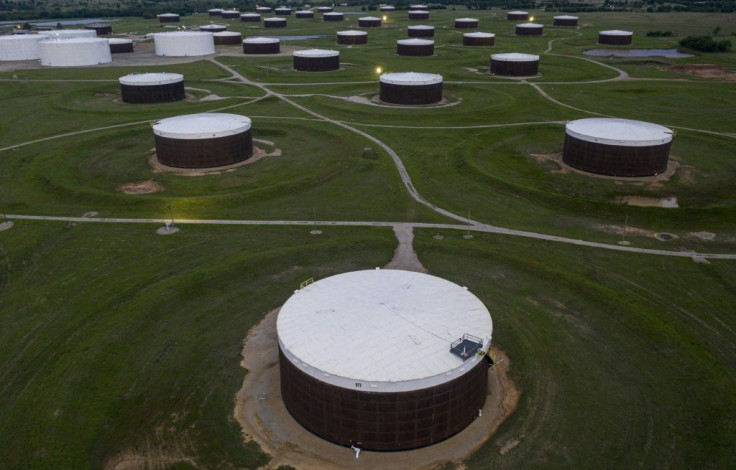Delivery Of Crude Oil From Bakken Shale At Risk From Pipeline Shutdown Orders

Earlier this month, a U.S. district court judge ordered the Dakota Access Pipeline temporarily shut down and drained by Aug. 5, when a federal judge found that the U.S. Army Corps of Engineers violated the National Environmental Policy Act. But the pipeline operator, Energy Transfer, won a temporary reprieve from the shutdown before a yearlong environmental review was to take place.
Another Bakken pipeline, operated by Marathon Petroleum's MPLX Limited Partnership, was also ordered shut down in early July. The Tesoro High Plains pipeline was deemed by the U.S. Department of the Interior's Bureau of Indian Affairs to be trespassing on Native American land.
In addition to the shutdown order of the High Plains, the Interior Department also ordered Marathon to pay $187 million in damages, should it hold through an appeal. The Bakken shale supplies approximately 10% of the 11 million barrels per day currently being produced in the United States, so there are critical delivery implications if both pipelines remain shut.
The High Plains line, which was shut for the first time in 67 years of operation after the order, delivers oil to Marathon Petroleum's 74,000 barrels-per-day Mandan refinery. Marathon's MPLX Limited Partnership acquired Andeavor Logistics in 2019, which owned the pipeline. Andeavor had been negotiating with Indian tribes since 2013 on pipeline disputes. Marathon has not said whether it will appeal the ruling, according to BNN Bloomberg.
Both pipeline shutdown decisions come at a time when the Atlantic Coast Pipeline project has been canceled after Berkshire Hathaway said it was buying the natural gas assets from Dominion Energy. The utility, and its partner Duke Energy, then canceled that project.
This article originally appeared in The Motley Fool. The Motley Fool has a disclosure policy.





















